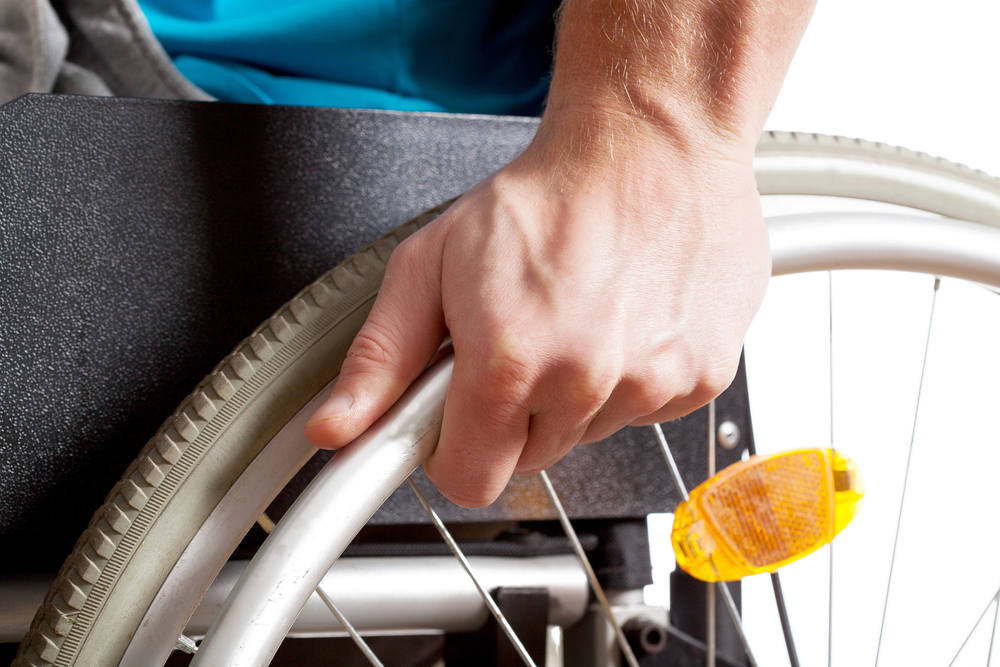CONTACT US TODAY CRIMINAL DEFENSE ATTORNEYS
Many people find the bail system confusing — which in many respects stems from the fact that most people do not deal with bail or arrests or jail on a regular basis. However, if you or a loved one have been arrested, it is important to take the time to understand the bail system in order to avoid complicating your legal situation.
WHAT IS BAIL?
To put it simply, bail is an amount of money that must be paid in order to be released from jail after you’ve been arrested. Although bail may work differently in other areas of the country, Section 969.001(1) of the Wisconsin statutes clearly defines bail as “…monetary conditions of release.” Remitting this amount is commonly referred to as posting or making bail.
WISCONSIN CASH BOND RULES
Bail has one purpose — to ensure that you will show up to the next hearing that is scheduled by the court. Bail conditions cannot be used to punish a criminal defendant for the crime that he or she has been accused of committing. The theory is that if the bail amount is high enough, you will return to court so that the bail can be recovered by you at the conclusion of the proceedings.
There are three options for remitting or paying bail in Wisconsin:
- Cash or check
- Bail bond
- Property with enough value to meet bail
In some cases, a person who was arrested might have the bail amount waived on the condition that he or she appears in court at on their own recognizance when scheduled.
Please bear in mind that having bail waived, posting bail or getting bailed out does not mean you are free and clear from the criminal charges that resulted in your arrest in the first place. As mentioned above, if you are released on bail it is with the understanding that you will return to court for any additional appearances as requested on your own recognizance, or by your own will.
IS BAIL REQUIRED IN WISCONSIN?
No, bail is not required in Wisconsin. The law allows a judge to impose a bail if it is determined by the court that there is a reasonable basis that bail is necessary to ensure the defendant appears in court. Under the law, a person who has yet to be convicted is eligible for release under reasonable conditions. There are exceptions to the rule including when a person is accused of a violent crime, first-degree homicide, or certain sexual offenses.
HOW IS BAIL DETERMINED IN WISCONSIN?
After an arrest in Wisconsin, you will appear in front of a judge, commissioner, or magistrate. This court appearance is known as an arraignment or bail hearing. During the hearing the court will determine if you are eligible for bail. The judge will consider things such as the charges you are facing and any prior convictions you might have on your criminal record before deciding whether or not to allow or set bail in your case. If the judge decides you are eligible for bail, he or she will next determine the amount.
HOW MUCH DOES BAIL COST IN WISCONSIN?
There is no set formula for determining the amount of bail in Wisconsin. How much bail will cost is up to the discretion of the judge at your arraignment. There are some judges in Wisconsin who choose to follow a schedule listing set bail amounts for specific crimes. However, this is not a requirement and, therefore, you should not assume this will be the case. Be aware, the judge in your initial court appearance may decide to lower or even raise these bail amounts, depending on the details of your case.
That said, the 8th Amendment protects individuals from excessively high bail amounts. Additionally, as discussed above, bail should not be used to punish a person that is accused of a crime. Its sole purpose is only to ensure that the accused will appear at future court hearings.
WHAT TO DO ONCE YOU’RE BAILED OUT
Once you’re bailed out of jail in Wisconsin, it’s important to keep in mind that your freedom is both temporary and conditional. If you violate the conditions set by the court, your bail will be revoked and it will likely be difficult for you to convince the court to permit you to released on bail again in the future.
This article is authored through the collaborative efforts of Eric R. Pangburn, Travis James Westand other legal professionals at West & Dunn, a law firm dedicated to providing high quality legal services to individuals and businesses, with a particular focus on assisting veterans of the United States Armed Forces. If you have questions or would like assistance with a legal matter, the attorneys at West & Dunn can be reached at 608-490-9449.
